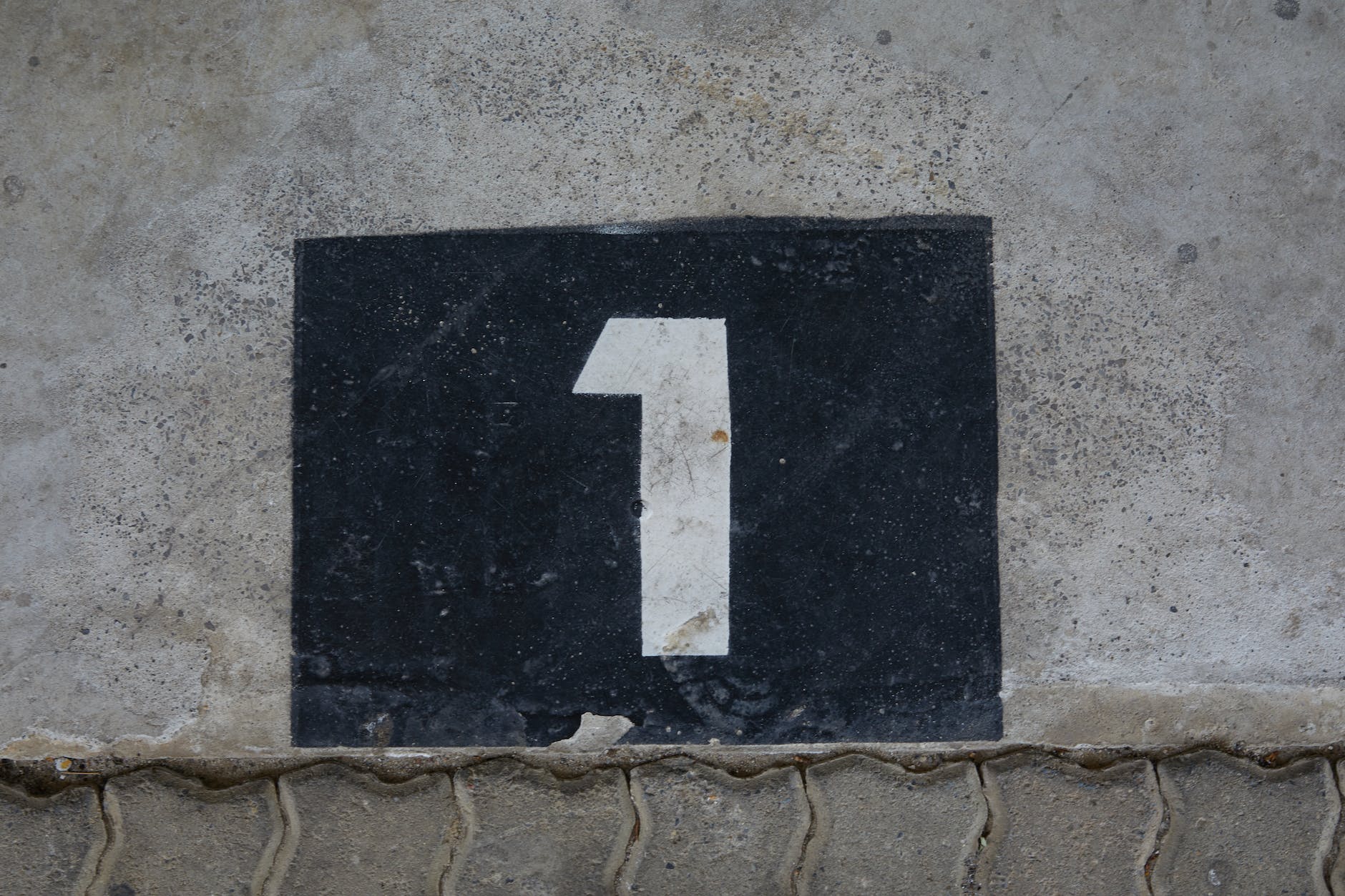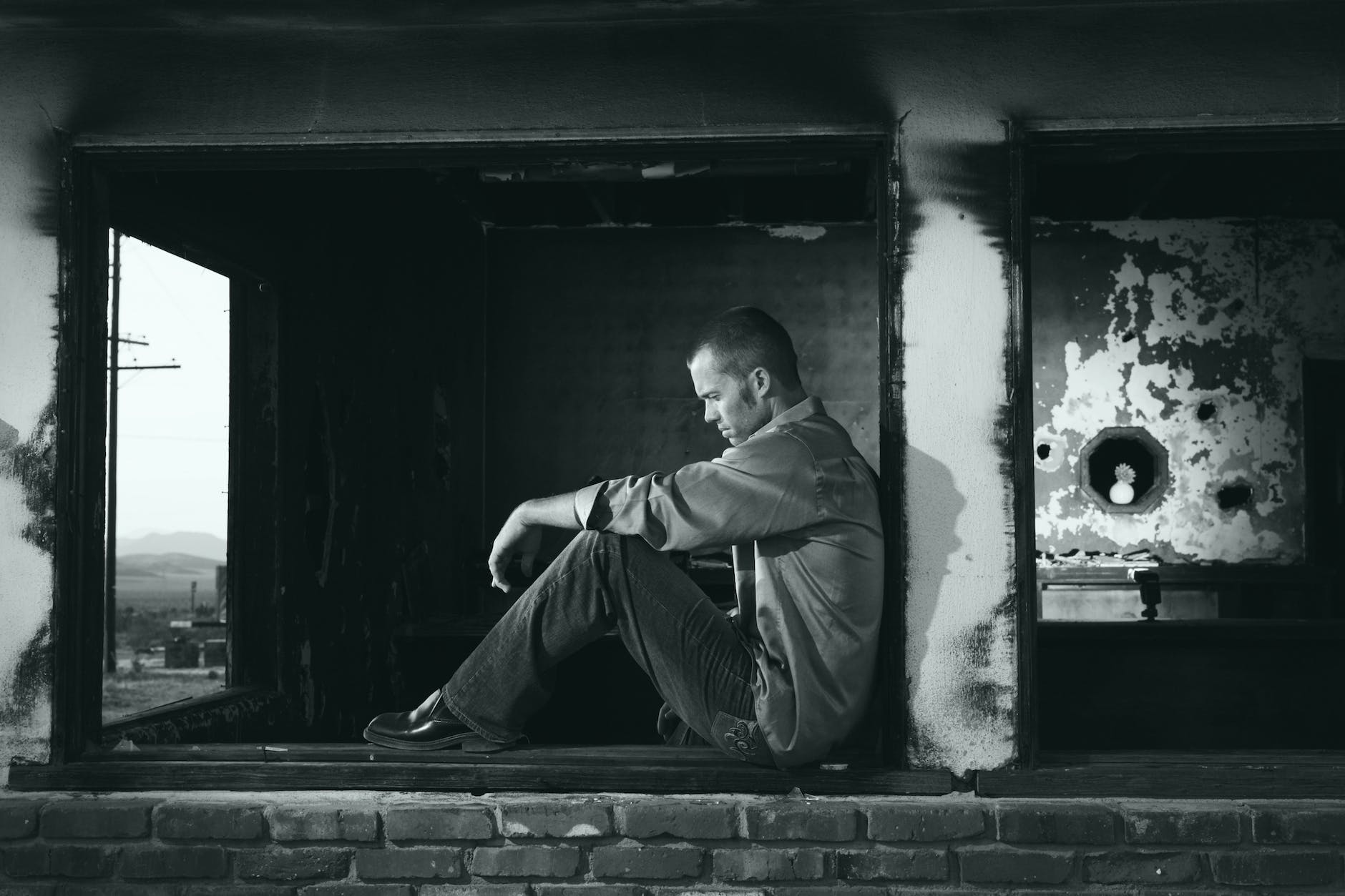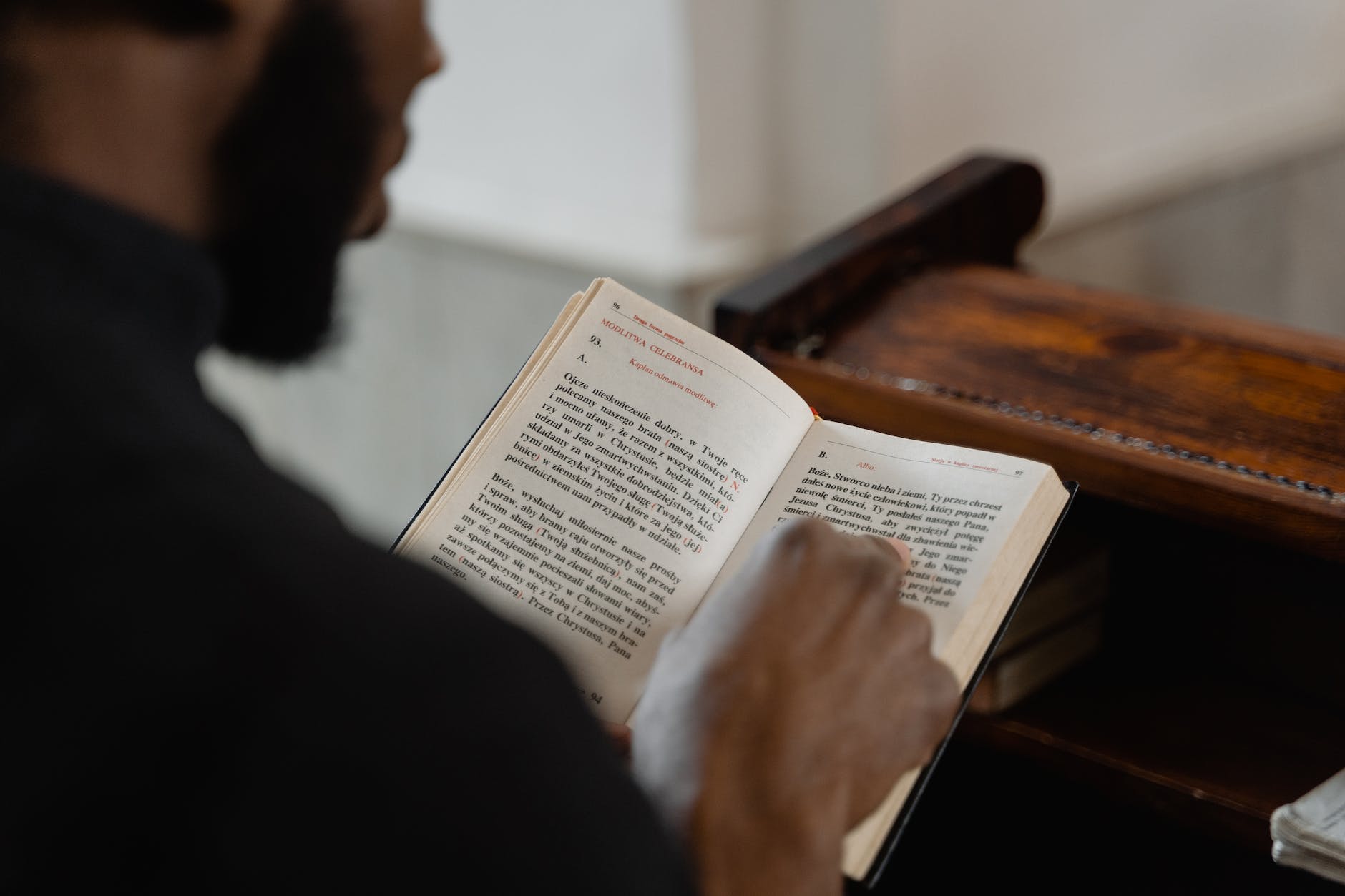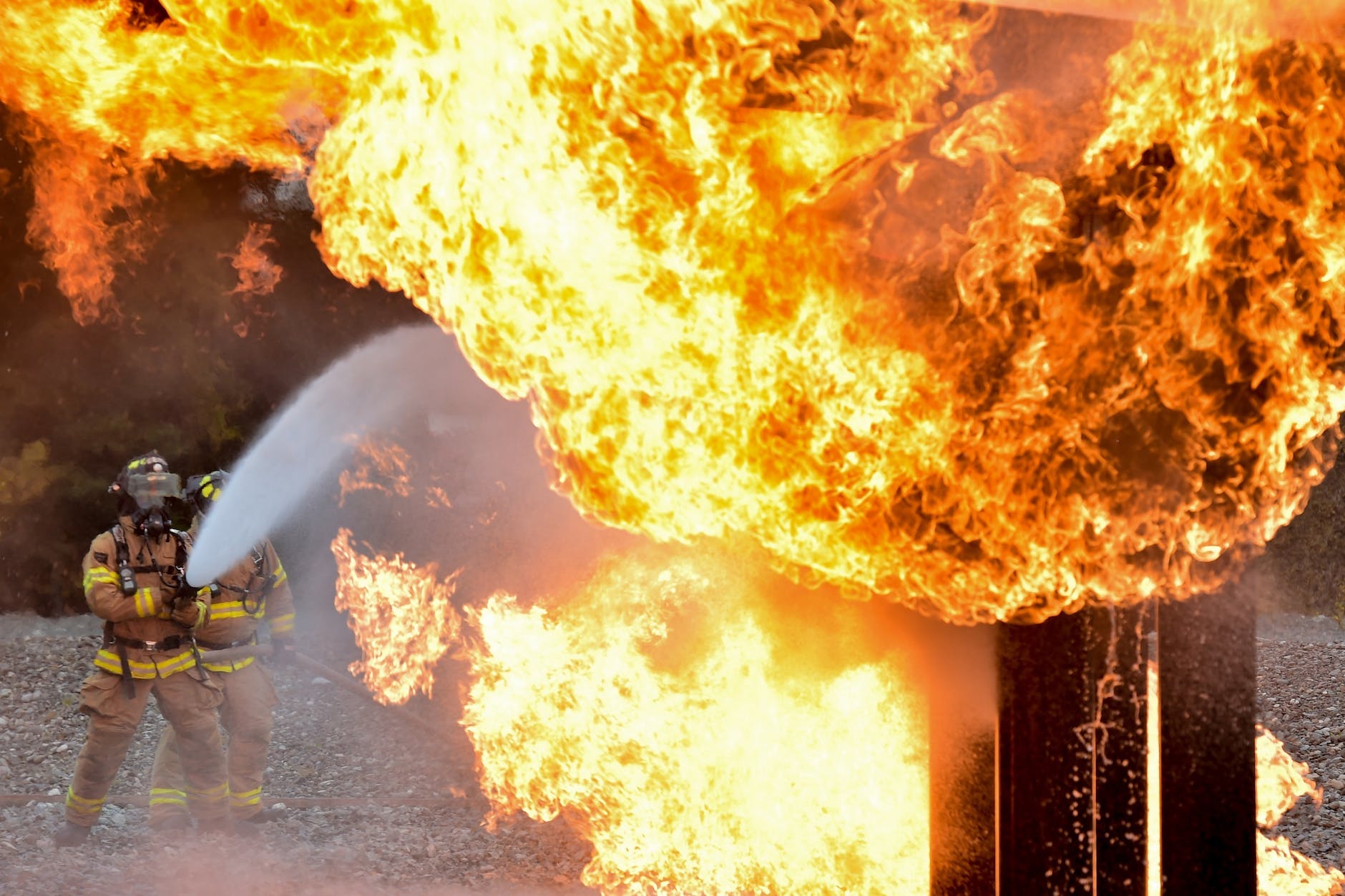Faith-Empowered Bible Verses That Can Help Support Recovery and Life Transformation
Step One of the Twelve Steps – James 4:6 – Pride vs. God
Step 1: We admitted we were powerless over __________ —that our lives had become unmanageable.
6 But He gives a greater grace. Therefore it says, “God is opposed to the proud, but gives grace to the humble.”
Admitting that you are entirely powerless over your own life is incredibly tough for those of us who need recovery. Some of us are reached that point because our lives were annihilated, and it just became painfully evident that we have no control over our lives at all. Others of us, to use the opposite extreme, have what at least seems to be, control much of the time, and then suddenly, we fall into moments of self-destruction. If you are in that second group, it is sometimes more challenging because you want to trust your usual self-control, but it simply stops working at times with minimal warning.
To be clear to that second group, “If you cannot trust your self-control at all times, then you simply cannot trust your self-control.” That means you are a different but similar version of powerless. Just like the other group, there are times when you will dive wholeheartedly into self-destructive behavior, unable to stop yourself. Your power, as you are, cannot stop you when most needed.
That reality is the first humbling experience on the long, humbling journey that is recovery. Looking at recovery through the filter of a faith journey and specifically from James 4:6, the pride that makes you think you are still in control will not only keep you from doing the things you need to do for recovery but will put you in direct opposition to God.
The reality of this verse is that in some areas of their lives, this is true of everyone. For those of us in recovery, a significant area of our lives that is out of our control and a source of great pride that keeps us from seeing or even admitting it is our addictions. This pride is the opposite of God’s path for us on our faith journey. That “faith journey” is at least a key to the recovery journey, and some would argue it is the most significant part of the recovery journey.
Pride is the opposite of God’s path for us on our faith journey.
It varies due to the need for professional mental health, physical health, and other significant needs to meet in various ways. Research has consistently shown, however, that the faith journey as a component of recovery leads to significantly better outcomes.
The idea here that God is not aligned with those locked into their own pride adds to the powerless concept and honestly being completely on your own. The actual wording is a bit stronger however, James states that “God opposes the proud,” hinting at the idea that he may even oppose your will-power-based faith in yourself. The resistance to the idea of powerlessness itself may be the evil that is pushing you in the wrong direction.

Romans 7:18 – I Want to, But I Cannot
18 For I know that good does not dwell in me, that is, in my flesh; for the willing is present in me, but the doing of the good is not.
This passage expands the idea that we are powerless and that the idea of faith in and reliance on our own willpower is a deception. Here, the wanting to do good things can be within us, but the actual doing of those good things is not. The core error is the belief that we really, at our core, want to do the right thing.
Faith in and reliance on our own willpower is a deception.
For example, if I really want to be sober, yet I also keep wanting drugs, alcohol, both, or some other addiction every time I use, I really want to use and not be sober. The want to be sober is either not as true or not as strong as the want to use. That good I felt I had was not completely there when I needed it most. It is just there at times. It does not “dwell within me”; it is only there at times. I am powerless and the idea that I have power that I can trust is a lie I tell myself.

1 Corinthians 6:12 – Do Not Be Mastered by What is Not Good For You
12 All things are permitted for me, but not all things are of benefit. All things are permitted for me, but I will not be mastered by anything.
Accepting the idea of powerlessness is not something that is based on what you could do if everything is perfect or what others can do and be fine. This comparison directs the focus away from recovery and to put more effort into simply controlling the urges. Even though clearly, trusting in your ability to control yourself has shown itself not to work at times, this deception makes a person feel like they should be able to focus on getting better and better at using willpower.
How about we use the stereotypical alcoholic as an example? We will call him a middle-aged man who knows a bunch of people who drink a little too much every day and seem to function just fine. They work fine, their home lives seem fine, and they seem to have none of the problems of this man.
This is not true of our addicted friend. For this man, things are falling apart; his family has left him, he has lost his job, and is about to be homeless for the first time in his life.
His mind may take him to the deceptive question of why he cannot just drink like the people around him and still live a functional life. He focuses on how he can keep using and at the same time fix all the problems caused by using. His focus becomes controlling himself enough to drink and live normally and not on no longer doing the thing at the source of all the problems.
The obvious question an outsider looking in would have is, why drink at all? His hidden question is, “How can I Keep drinking and not have all the problems?” The most obvious common denominator is drinking, so the most obvious solution for this man is to stop drinking. His default solution is to solve anything in any way but to keep the “drinking.”
Many of us look for only solutions that allow us to keep using no mater how much evidence demonstrates that the using is at the source of all of our problems.
For those of us that have lived this, it has a certain logic to us that really has no logic at all. Even when we see how illogical all this is, we still find a way to convince ourselves it is at least somewhat logical.
If that man cannot even begin to think about not using (in this specific example, alcohol) as a reasonable solution, it has mastered him. That is why the endpoint of the passage is so strong in stating, “…but I will not be mastered by anything.”
This is how it can be permitted for you but not of any logical benefit. The idea of powerlessness centers on the idea that “even if everyone else in the world can do whatever the addiction is and be fine, I cannot!” That is a core element to recovery and even the desire for recovery.

Psalm 34:15-18 – The Benefits of Being Crushed in Spirit
15 The eyes of the Lord are toward the righteous, And His ears are toward their cry for help.
16 The face of the Lord is against evildoers, To eliminate the memory of them from the earth.
17 The righteous cry out, and the Lord hears And rescues them from all their troubles.
18 The Lord is near to the brokenhearted And saves those who are [a]crushed in spirit.
Remember how we started the discussion of Step One with the words of James that stated that God resists the proud but he gives grace to the humble? This passage states something very similar. The way “humble” is described as “crushed in spirit.” The LORD is near to…” the “…crushed in spirit.” The LORD also “…saves…” the “…crushed in spirit…”
Pride would say I am fine, and I can deal with it myself. That trust in yourself and faith in your own willpower is the opposite of being “crushed in spirit.” By extension, it is a way of saying, “I don’t need you, God, I got this myself, and I would rather do it my way.”
That is the “pride” that, as James says, “God Resists…”
Pride must be put away and a humble admitting, deep in our hearts and souls, that we are powerless if the launching point.
To even consider ourselves to have begun the faith journey needed for recovery, that pride must be put away and a humble admitting, deep in our hearts and souls, that we are powerless if the launching point. We must admit we are powerless and need God to help us. Then you can be the one who cries out, and he rescues. Rescue may not be immediate or how you want it to look, but he is near you and saves “those who are crushed in spirit.

James 4:10 – The Humility to Admit Powerlessness and God’s Response
To sum up, all that we have looked at about this idea of admitting powerlessness instead of having the pride to keep doing what you have been doing and expecting different results, James summed it up in a tiny sentence:
10 Humble yourselves in the presence of the Lord, and He will exalt you.




2 responses to “The Bible and Recovery: Divine Guidance Through Bible Verses for Finding Sobriety and Healing… (part 2: Step 1)”
[…] without a sense of disapproval. It is as simple as acknowledging the area that lacks wisdom (see Step 1 Article), then asking God who is generous. There is, however, a prerequisite to asking. You cannot have […]
[…] The Bible and Recovery: Divine Guidance Through Bible Verses for Finding Sobriety and Healing… (pa… […]